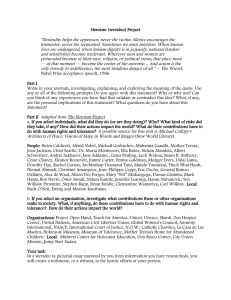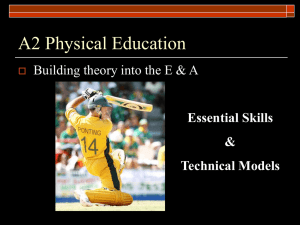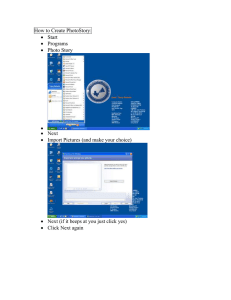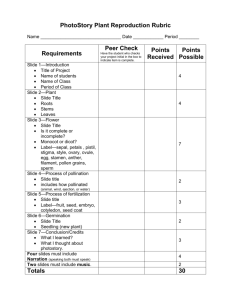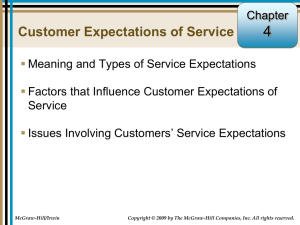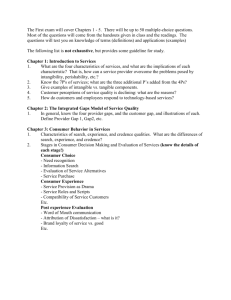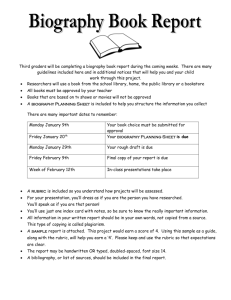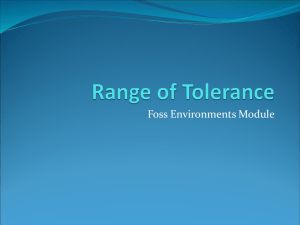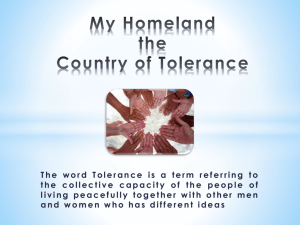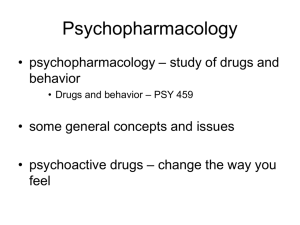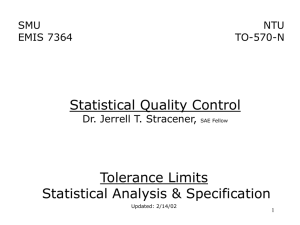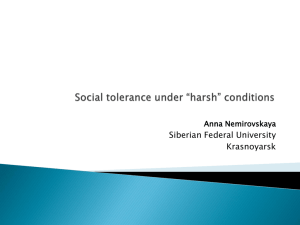assignment requirements
advertisement
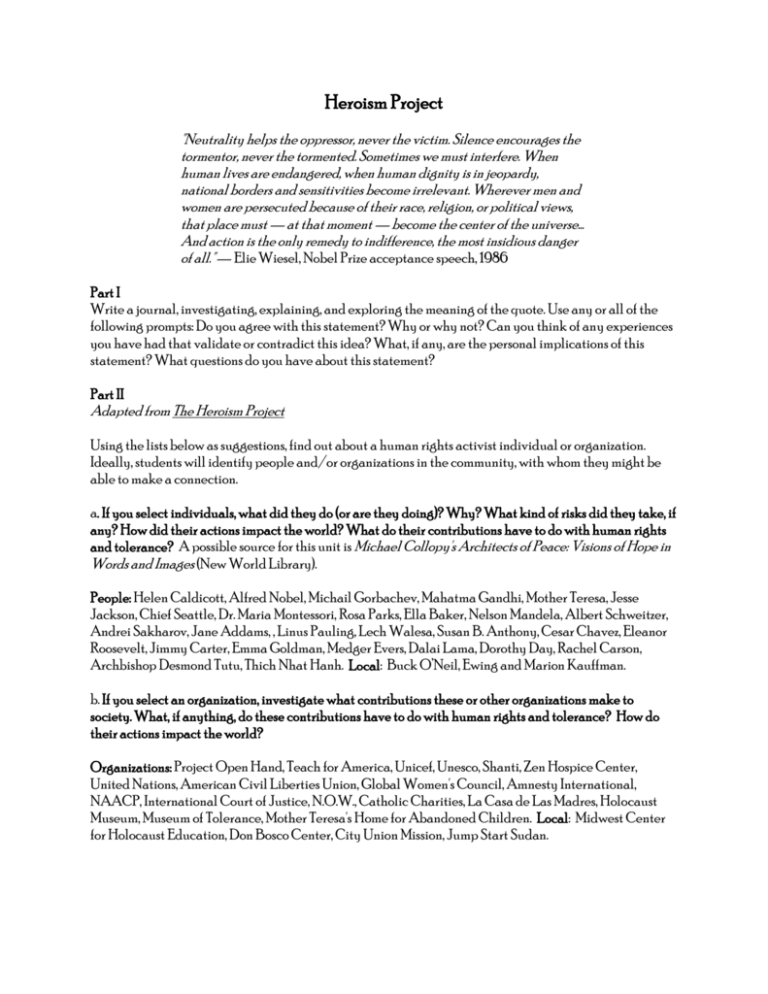
Heroism Project "Neutrality helps the oppressor, never the victim. Silence encourages the tormentor, never the tormented. Sometimes we must interfere. When human lives are endangered, when human dignity is in jeopardy, national borders and sensitivities become irrelevant. Wherever men and women are persecuted because of their race, religion, or political views, that place must — at that moment — become the center of the universe… And action is the only remedy to indifference, the most insidious danger of all." — Elie Wiesel, Nobel Prize acceptance speech, 1986 Part I Write a journal, investigating, explaining, and exploring the meaning of the quote. Use any or all of the following prompts: Do you agree with this statement? Why or why not? Can you think of any experiences you have had that validate or contradict this idea? What, if any, are the personal implications of this statement? What questions do you have about this statement? Part II Adapted from The Heroism Project Using the lists below as suggestions, find out about a human rights activist individual or organization. Ideally, students will identify people and/or organizations in the community, with whom they might be able to make a connection. a. If you select individuals, what did they do (or are they doing)? Why? What kind of risks did they take, if any? How did their actions impact the world? What do their contributions have to do with human rights and tolerance? A possible source for this unit is Michael Collopy's Architects of Peace: Visions of Hope in Words and Images (New World Library). People: Helen Caldicott, Alfred Nobel, Michail Gorbachev, Mahatma Gandhi, Mother Teresa, Jesse Jackson, Chief Seattle, Dr. Maria Montessori, Rosa Parks, Ella Baker, Nelson Mandela, Albert Schweitzer, Andrei Sakharov, Jane Addams, , Linus Pauling, Lech Walesa, Susan B. Anthony, Cesar Chavez, Eleanor Roosevelt, Jimmy Carter, Emma Goldman, Medger Evers, Dalai Lama, Dorothy Day, Rachel Carson, Archbishop Desmond Tutu, Thich Nhat Hanh. Local: Buck O’Neil, Ewing and Marion Kauffman. b. If you select an organization, investigate what contributions these or other organizations make to society. What, if anything, do these contributions have to do with human rights and tolerance? How do their actions impact the world? Organizations: Project Open Hand, Teach for America, Unicef, Unesco, Shanti, Zen Hospice Center, United Nations, American Civil Liberties Union, Global Women's Council, Amnesty International, NAACP, International Court of Justice, N.O.W., Catholic Charities, La Casa de Las Madres, Holocaust Museum, Museum of Tolerance, Mother Teresa's Home for Abandoned Children. Local: Midwest Center for Holocaust Education, Don Bosco Center, City Union Mission, Jump Start Sudan. Your task: In a PhotoStory Essay (a pictorial essay narrated by you from information you have researched) of at least 8 “slides/pictures,” you will create a testimony, or a witness, to the heroic efforts of your person. Requirements: Include the answers to the questions in A or B above, including who is this person/organization? What action were they taking and did/does that action affect change in the world—how have their contributions affected human rights and tolerance? What did he/she sacrifice in order to commit to this endeavor? Include a brief biography of the person/organization’s history—no more than 2 of your images should focus on this. At least eight images for your Photostory. Narration performed by you using a typed, 12-point Times New Roman font, double-spaced script you have written. Script must be insightful (answering the questions above), have unity, organization, and purpose. Tell the viewer what s/he absolutely needs to know about this person / organization A separate MLA works cited page that documents sources and images used. Part III You will present the information you learned about your humanitarian or organization to the class. You will receive points based on how well you present in addition to how polite you are as an audience member. See the rubric for more information. Heroism Project Rubric Name ______________________________ Date ___________________ Hour ______ Part 1 Journal 10 points _______ Part 2 PhotoStory Content of Script 20 points _______ Brief Biography/History (no more than 2 slides) How did your person/organization affect society? What risks did they take? How have their contributions affected tolerance and human rights? Pictures 10 points _______ Conventions 10 points _______ Works Cited 10 points _______ 10 points _______ 10 points _______ Part 3 Presentation Voice Audience Member Total Points 80 points _______
